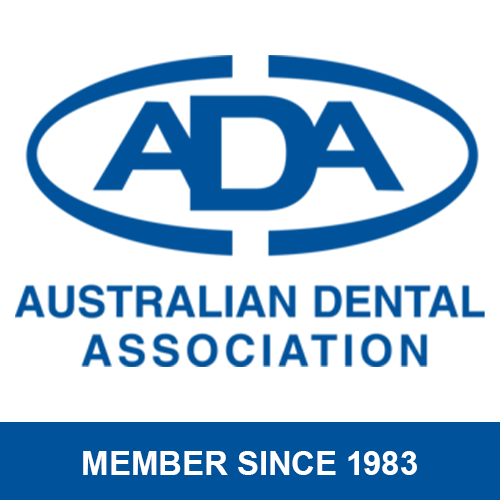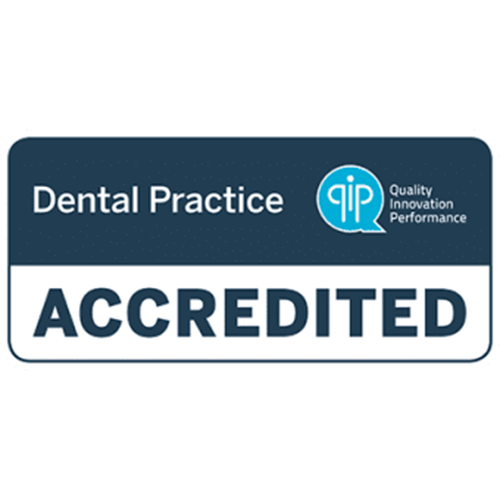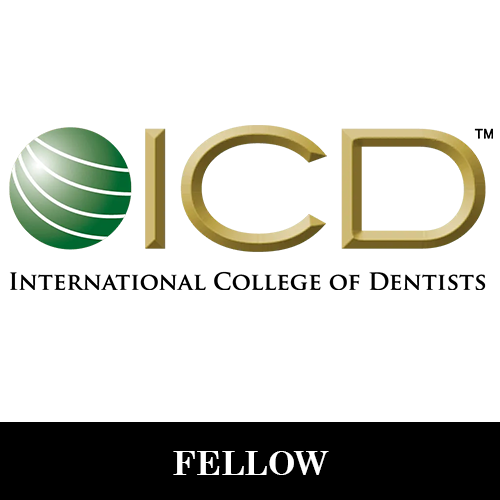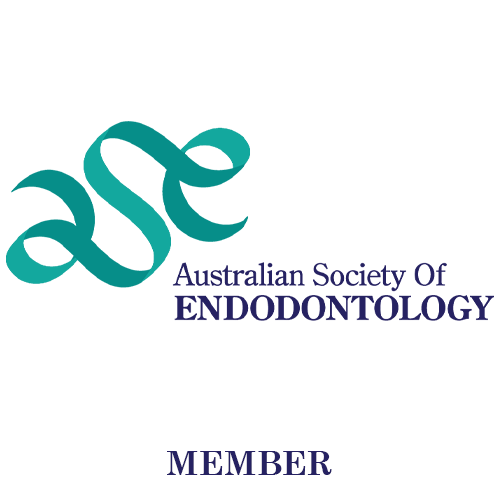Cancer Treatment & Oral Health
Being told you have cancer can be one of life’s most traumatic events. You will probably have a lot of information about the future, your treatment options and what might happen generally.
We find that most of the time your oral health, or how your diagnosis will affect your mouth and teeth, might not be the first thing you think about.
It’s important that you speak to us about your diagnosis. We can assess your oral health and guide you on how to remain healthy before, during and after any treatment you have to have.
If chemotherapy and/or radiotherapy is used, you will have oral side effects. These may be short-lived or part of a longer-term challenge. You may experience soreness and ulcers in your mouth, or localised gum infections. You may find your gums bleed more readily or that you have a very dry mouth and altered taste. We can give you specific advice and suggest ways to cope with your treatment and symptoms. We may advise you to have more frequent or regular maintenance appointments because a very dry mouth can lead to rapid development of cavities; it’s much better to catch any problems early before they cause you bigger problems down the road.
We find that if you’re having radiation to the head and neck region, or require bone marrow transplants, or chemotherapy you’ll have the highest risk of oral complications.
Oral health side effects
One main oral side effect you may notice is xerostomia, or a very dry mouth. This happens when your salivary glands stop working properly. This is caused by chemotherapy or radiation therapy. It can also happen as a side effect of many medications.
You’ll find that you have less saliva overall, and it may be thicker than normal. When you have less saliva you can’t neutralise acids produced by plaque as well as you could before―that’s why tooth decay is such a problem. Immunoglobulins in saliva also help stop bacterial and fungal growth. This is why you might also have ulcers and mouth infections, such as oral thrush.
A dry mouth may also make it difficult to wear dentures. If you have any of these problems, we can help.
Managing dry mouth
The good news is that you may be able to relieve the symptoms of dry mouth. We can advise you prior to commencing treatment; we’ll give advice about which dental products, such as saliva substitutes, mouth-rinses to fight infection and products that stimulate the salivary glands, will work best for you.
Once your treatment is completed we’ll monitor your health and your progress and we may recommend specific fluoride rinses and gels, high concentrated fluoride toothpastes, and other products designed to help you lower the risk of tooth decay.
After treatment
Oral side effects such as dry mouth usually clear up after treatment although the problem might persist if you’ve had radiation treatment for head and neck cancers. Long-term damage can occur, especially if your treatment was directed at your salivary glands. If this happens to you, we recommend more regularly care than usual, possibly as often as every 3 months.
If you or a family member have any questions at all, give us a call or make an appointment to discuss your concerns―we’re here to help.
Site Links
Our Services
Locations We Service
Contacts
ABN: 40 525 320 779
Trading Hours
- Monday
- -
- Tuesday
- -
- Wednesday
- -
- Thursday
- -
- Friday
- -
- Saturday
- Closed
- Sunday
- Closed













